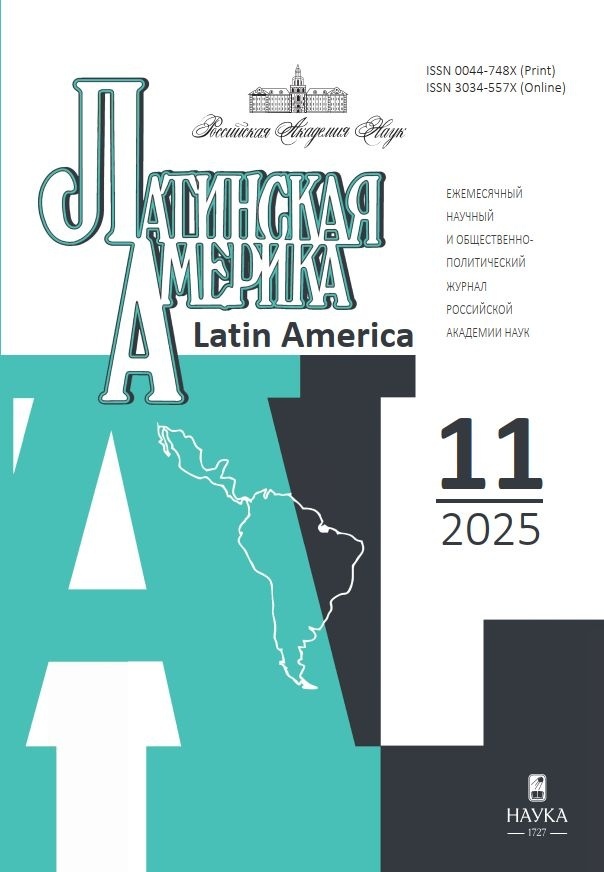Problems of historical memory and the formation of the concept of "The future is more important than the past" in Spain in the 1960s"
- 作者: Grantseva E.O.1
-
隶属关系:
- Institute of World History
- 期: 编号 11 (2025)
- 页面: 83-96
- 栏目: Iberian aspect
- URL: https://vestnik-pp.samgtu.ru/0044-748X/article/view/696040
- ID: 696040
如何引用文章
详细
After the establishment of the Franco regime, official memory of the events of the 1936-1939 civil war was reduced to the memory of the "victors," and the legacy of the Second Spanish Republic was consigned to oblivion. In the 1960s, the regime's ideologists formulated a renewed agenda. This article provides a critical assessment of the evolution of historical memory in Spain during the Franco regime, in particular the transition from triumphalism to reconciliation, as well as the reaction of intellectual dissenters. The analysis is based on sources such as the official documents of the Francoist regime and the materials of the magazine Cuadernos Para El Diálogo, reflecting the views of the intellectual opposition. The study emphasizes that the change in the configuration of Francoist historical memory in the 1960s was accompanied by a noticeable shift in the ideological orientation of the regime, as well as the promotion of ideas of "reconciliation" and "dialogue" in intellectual circles, where at the same time the thesis that "the future is more important than the past" was formed, which became key for Spanish society during the transition from Francoism to democracy.
作者简介
Ekaterina Grantseva
Institute of World History
编辑信件的主要联系方式.
Email: kgrantseva@yandex.ru
ORCID iD: 0000-0001-7449-1314
PhD (History), Senior Research Fellow
俄罗斯联邦, 119334 Moscow, Leninski pr-t, 32a参考
补充文件








